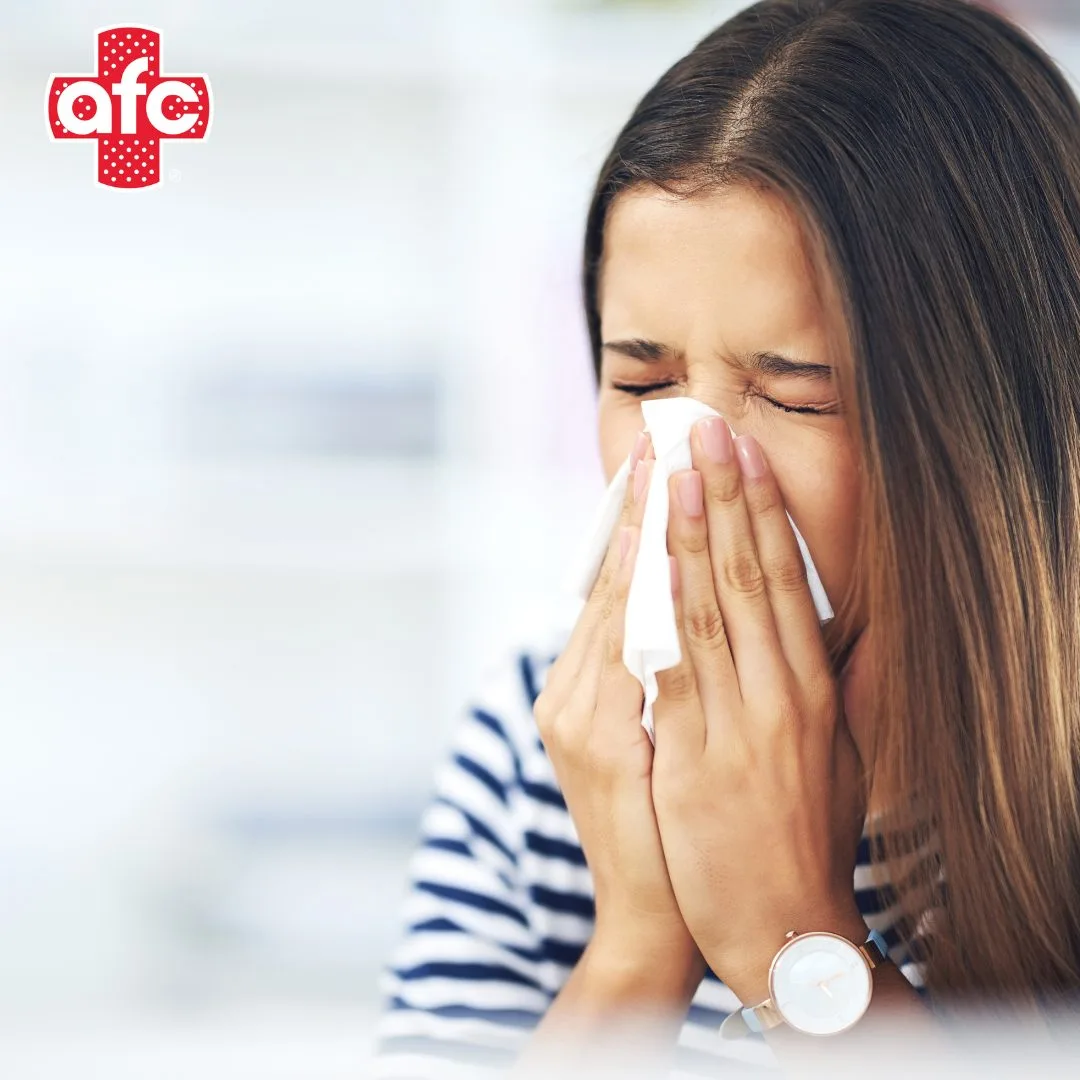Food poisoning is an illness that can result from the consumption of food or drinks that has been contaminated with specific viruses, bacteria, toxins (chemicals), or parasites. The most usual signs and symptoms of food poisoning are diarrhea and vomiting.
If you find yourself suffering from food poisoning this winter, call or visit AFC Urgent Care Short Hills for care. Our providers can make recommendations for your health and make sure you feel your best in no time. Visit us today for care.
Symptoms of Food Poisoning:
Sometimes, the symptoms of food poisoning depend on which organ system the poison affects. For instance, neurotoxins such as botulinum toxins and pesticides may alter the neurological system. Food poisoning may also be suspected when individuals observe the same symptoms after drinking or eating the same foods.
There is a higher risk of developing food poisoning for some people like pregnant women, children, older adults, and individuals with medical conditions such as kidney disease, diabetes, liver disease, and people with immuno-depression.
The usual symptoms and signs of food poisoning are;
- Diarrhea (that can last more than three days)
- Nausea
- Abdominal cramps
- Vomiting
In more severe cases, additional symptoms may be present. Dehydration, fever, weakness, and headaches can all be common symptoms. Dehydration is the most considerable risk, so staying hydrated throughout your illness is crucial. Blood in the stool or vomit is also considered a warning sign, meaning to seek medical attention.
Causes of Food Poisoning:
There are five common causes of food poisoning. These include:
Bacteria and Viruses
The highest cause of food poisoning in the U.S is viruses. The second highest is bacteria. Although viral infections make up most infected patients, they are less likely to cause hospitalization and death, unlike the Salmonella bacteria.
Most common pathogens include:
- Salmonella
- Staphylococcus
- Norovirus
- Escherichia coli (E. coli)
Toxins
Many toxins can result in food poisoning; animals/fish or other organisms produce some, and others are produced by plants that are ingested. But usually, these are limited to relatively few outbreaks.
- Enterotoxins
- Exotoxins
- Cytotoxins
- Neurotoxins
Parasites
Most parasites are taken in through contaminated food or water. This is more common in areas that do not have access to clean drinking water.
Chemicals
Certain chemicals that can cause food poisoning are regarded as toxins. However, most chemicals do not enter foods, the few that do cause food poisoning.
An instance of such a chemical is mercury, found in fish like tuna and marlin and drinking water. Other chemicals include; lead, pesticides, and polychlorinated biphenyls.
Common foods associated with food poisoning are;
- Unpasteurized milk or other fluids
- Eggs
- Meats
- Nuts
- Poultry
- Cheese
- Spices
- Raw fruits and vegetables (usually unwashed)
Treatment for Food Poisoning:
The treatment of food poisoning, especially in children and the elderly, is mainly done with fluids to prevent dehydration. Medication may be beneficial to some patients to reduce vomiting and nausea. To treat diarrhea, using drugs such as loperamide (Imodium) is often not recommended because it may prolong symptoms or result in additional problems. Patients should check with their doctor before using any medication.
To treat viral and most bacterial causes of food poisoning, antibiotics cannot be used except in certain circumstances, such as pregnant women with listeriosis and severe bacterial infections. Other pathogens like specific parasites may be treated using antiparasitic medications. Other rare causes of food poisoning may relatively require particular medications.


